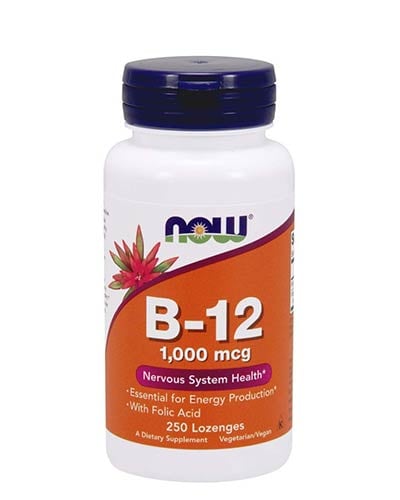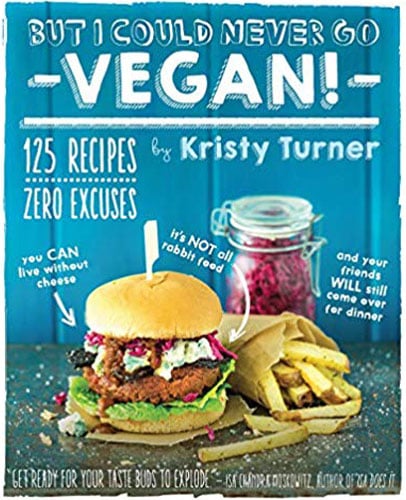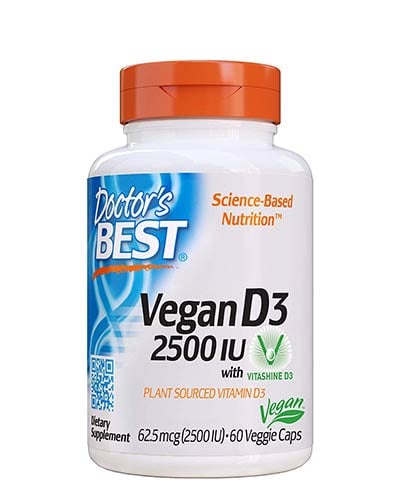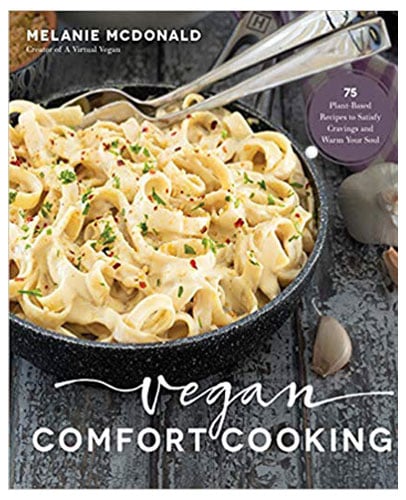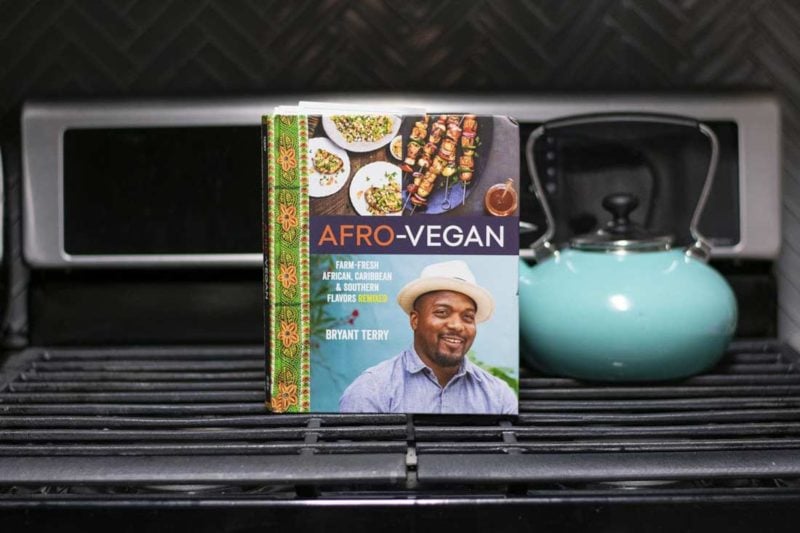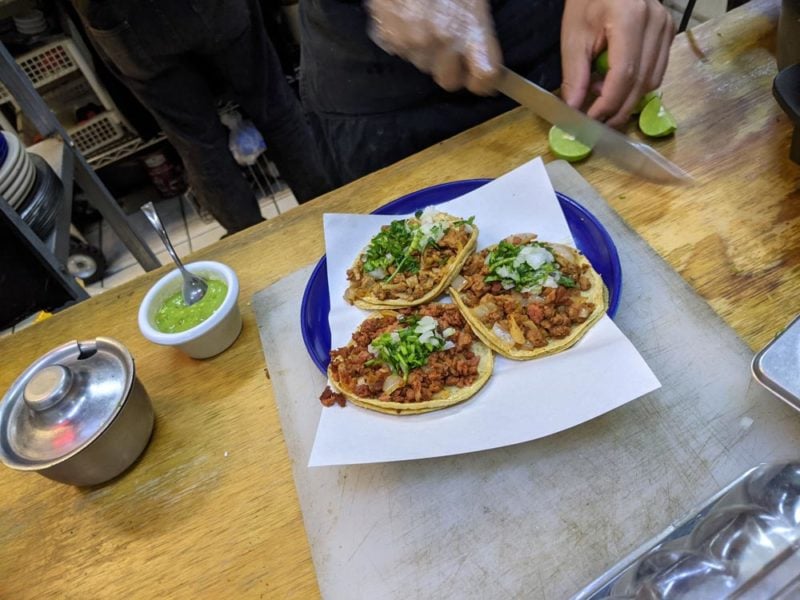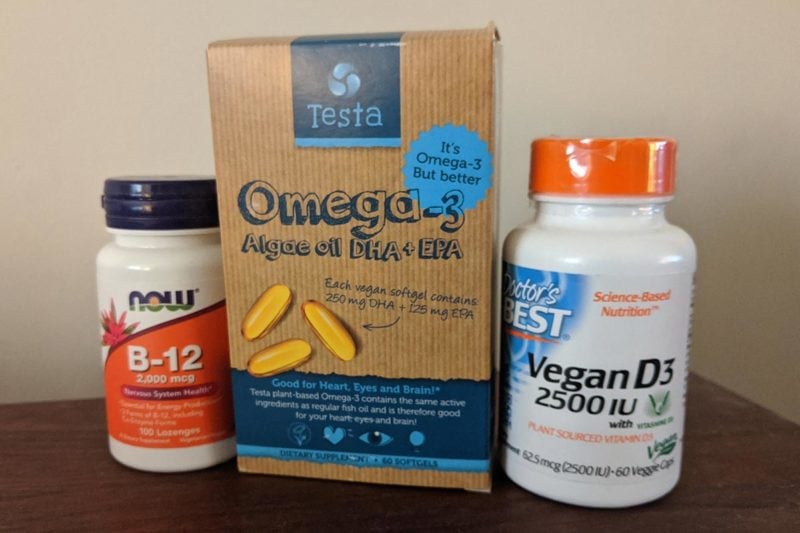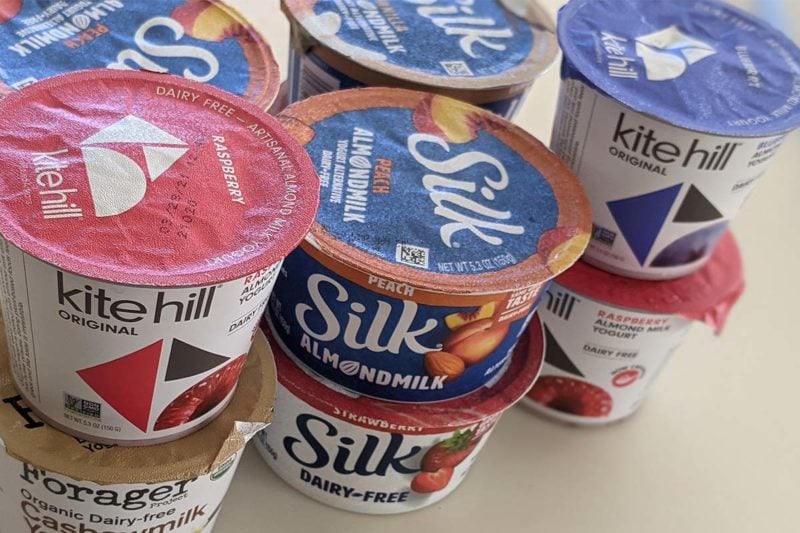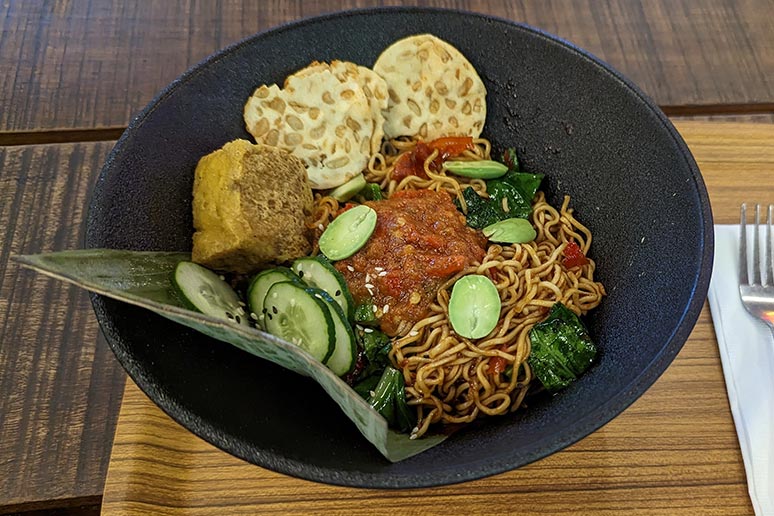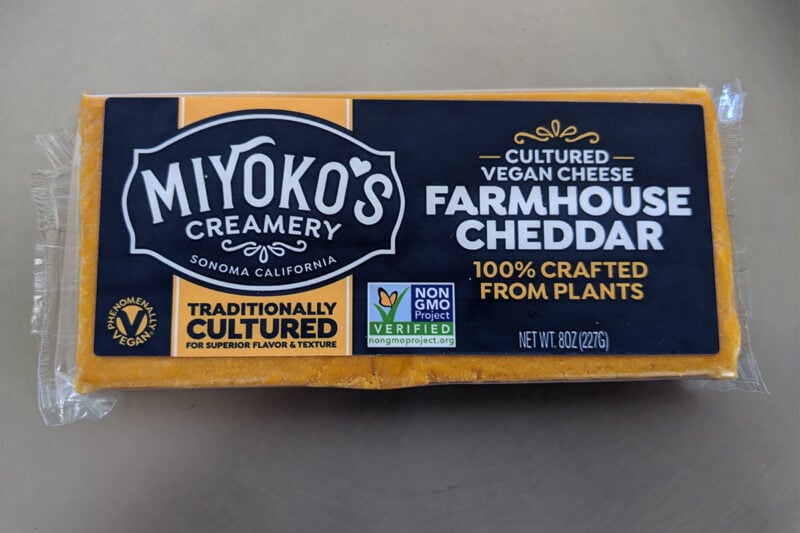Wool production entails a staggering degree of cruelty and animal suffering.
Sheep produce more than 90 percent of the world’s wool supply. Nearly all the rest comes from goats, alpacas, and rabbits. The crinkly nature of the hair shorn from these animals makes it easy to spin into thread and yarn. Annual wool production worldwide totals about 1.7 million metric tons, taken from about 1.8 billion domesticated sheep and goats. The top wool producing nations are Australia and China, both of which have pathetically weak animal welfare laws protecting sheep.
Animal Cruelty in the Wool Industry
Sheep were domesticated from Asiatic mouflons, who grow only as much hair as they need to stay warm. Unlike mouflons, sheep grow extremely thick coats, and their coats are woolly rather than hairy.
Once a year, sheep farmers clip these thick coats down to bare skin. Limiting shearing to once a year cuts labor costs but causes substantial suffering. It results in sheep being exposed to temperature extremes while either having thick insulating coats or no protection at all.
Many sheep ranchers carry out a barbaric procedure—often without anesthetic—called mulesing. Using a knife, workers slice off strips of the wrinkly flesh near a lamb’s hindquarters. The resultant scarring inhibits hair regrowth and thereby prevents parasitic flies from laying eggs. Australian sheep also have their tails cut off, again in order to reduce the prevalence of these parasitic flies.
Additionally, Australia is the world’s #1 live export country. Each year, producers ship upwards of a million sheep to the Middle East for slaughter. While live export allows for fresher meat for consumers, the practice inflicts misery onto animals who must live aboard terribly crowded ships for weeks at a time. The largest boats carry 85,000 sheep!
Animal protection organizations have released numerous undercover videos exposing the wool industry’s appalling animal welfare standards.
Products that May Contain Wool
As a textile fiber in widespread use for thousands of years, wool appears in all sorts of items.
- Sweaters
- Scarves
- Business Suits
- Rugs
- Jackets
- Socks
Angora and cashmere are premium varieties of wool taken from rabbits and goats. As with virtually all other animals raised commercially, both angora rabbits and Kashmir goats suffer deplorable treatment.
Vegan Wool Alternatives
Although vegan leather and suede products are widely available, no comparable R&D effort has gone into creating vegan wool substitutes. But excellent wool alternatives nevertheless exist.
Fleece jackets, made from microfiber textiles, are among the most popular types of winter outerwear. These garments are warm and attractive, but bear little resemblance to wool. Other jacket styles feature a fleece-like interior made from coarse polyester that bears a strikingly similar look to wool.
What’s great about these sorts of synthetic fleece materials is they offer plenty of warmth, without wool’s uncomfortable scratchiness. Plus, unlike wool, these vegan fabrics are water resistant and they don’t produce a foul odor when damp. I’ve always found wool garments, especially turtlenecks, uncomfortable so it’s especially nice that vegan alternatives feel good against the skin.
Other wool alternatives include cotton or polyester textiles. Some of these fabrics have a look and texture remarkably similar to wool, minus the scratchiness. In particular, cotton flannel shirts are hard to tell apart from garments made from woolen fabrics, but they unfortunately don’t offer comparable warmth.
Campaigns to Protect Sheep
Thanks to animal welfare campaigns, live export has diminished significantly, and mulesing is now sometimes performed with anesthetic.
These recent developments offer reason for encouragement, but there is still a great deal of cruelty associated with wool production that demands opposition. Both Animals Australia and Compassion in World Farming run ongoing campaigns to ban cruel industry practices and to discourage the purchase of wool.


